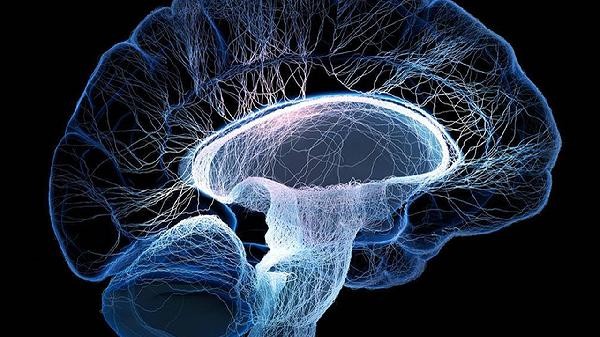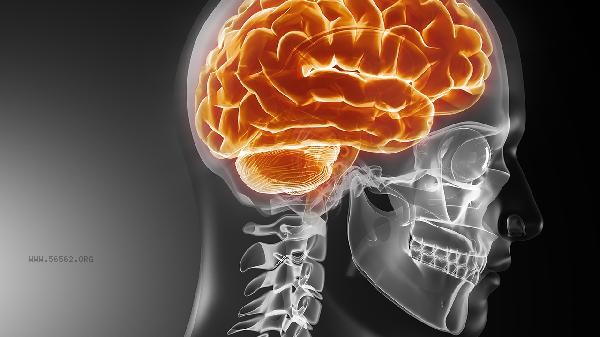The brain can be improved by adjusting daily routines, mindfulness training, cognitive-behavioral interventions, medication therapy, and environmental optimization if it is constantly in a state of distraction. Mind wandering is usually caused by sleep deprivation, attention deficit, anxiety, nutritional imbalance, chronic stress, and other reasons.

1. Adjust your schedule
Maintaining regular sleep can help stabilize brain rhythms. It is recommended to set a fixed bedtime and wake-up time, and control your lunch break within half an hour. Long term staying up late can lead to a decline in the function of the prefrontal cortex, exacerbating attention deficit. Avoid using electronic devices before bedtime and try soaking your feet in warm water or gently stretching to help you fall asleep.
2. Mindfulness Training
Doing 10 minutes of breathing concentration exercises daily can improve metacognitive ability. By observing the ups and downs of the abdomen during breathing, free attention can be re anchored. Long term persistence can enhance the connection efficiency between the default mode network and the executive control network of the brain, and reduce the frequency of cognitive drift.
3. Cognitive behavioral intervention
records the context and thinking content during distraction, identifies triggering factors, and establishes behavioral alternatives. For example, setting clear task objectives and using the tomato work method to focus on segments. For anxiety induced mind wandering, the mind stopping technique can be used to interrupt the negative thought cycle through silent stop commands.

4. Drug therapy
Prolonged severe mind wandering may require the use of central nervous system regulating drugs such as methylphenidate hydrochloride sustained-release tablets, atomoxetine capsules, or escitalopram oxalate tablets as prescribed to improve accompanying anxiety and depression symptoms. Medications should strictly follow the guidance of a specialist physician and avoid self adjustment of dosage.
5. Environment optimization
reduces multitasking and information overload, while keeping the workspace simple and interference free. Blue light filtering glasses can reduce the impact of screens on melatonin secretion, and background white noise can help improve focus. Regular aerobic exercise can promote the secretion of brain-derived neurotrophic factors and enhance cognitive resilience.

Daily intake of deep-sea fish, walnuts, and other foods rich in omega-3 fatty acids can be increased, and B vitamins can be supplemented to maintain the synthesis of neurotransmitters. It is recommended to engage in moderate intensity exercise, such as brisk walking or swimming, at least three times a week for at least six months, which can significantly improve attention levels. If wandering is accompanied by memory loss or emotional disorders, it is necessary to seek timely evaluation at a psychiatric or neurological department.







Comments (0)
Leave a Comment
No comments yet
Be the first to share your thoughts!